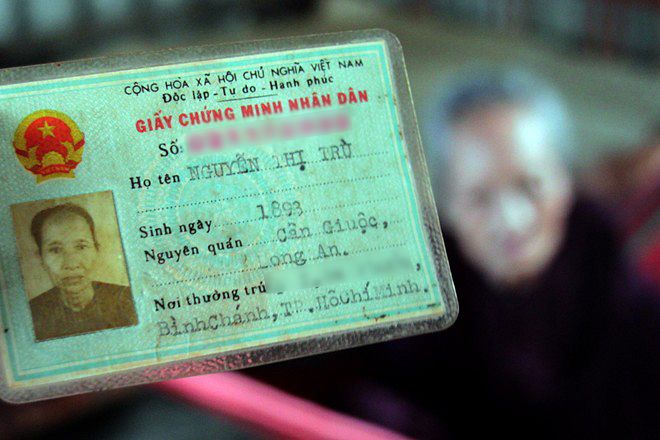The municipal Food Safety Management Board of Ho Chi Minh City has recommended that Saigoneers stop eating dog meat for health and moral reasons.
The food safety watchdog wrote on its website recently that while dog meat is not banned in Vietnam, it is also not listed as an official source of human food. That is partly why dog meat is currently not regulated by food authorities, according to VnExpress, thus posing significant health risks. The organization also emphasizes the relationship between human and dogs.
"Dog is a pet that has been domesticated to be part of human life for a long time," the post on the wesbite site writes in Vietnamese. "In some households, dogs not only protect their owner's house but are also treated like a family member and treasured companion."
Pathogens, particularly the rabies virus, are often found in dog meat. Also, the meat could also contain parasites such as eggs and larvae that can exist in a dog's liver, lungs or even brain and eyes, which could cause serious diseases in humans. Besides, the residue of deadly chemicals used in bait to catch dogs can lead to death.
Le Hong Hoa, a veterinarian in Saigon, told Bao Moi that the production of commonly consumed meat, such as pork and chicken, has strict livestock slaughtering procedures and quality standards. This is not applicable to dog meat, which is often produced in the black market, for example in Binh Hung Hoa area of Binh Tan District. Dog and cat meat there are produced under unsanitary conditions with unclean water and slaughtering tools.
There is a common myth that well-cooked meat does not contain pathogens, but they can still be found in bone marrow and spread among slaughterers and consumers.
The veterinarian also said: “Dog meat in nhậu restaurants is never clean. After being slaughtered, a dog can only provide the quantity of meat equivalent to 50% its body weight. The price for qualified dog food is VND500,000—600,000. If a dog is raised in one year to reach 12 kilograms and be ready for slaughtering, the meat price should be VND800,000—900,000 per kilogram. Therefore, the common price of VND70,000 to 80,000 per kilogram casts a big doubt on the quality of the meat.”
Last year, Hanoi made a similar move toward urging residents to not eat dog meat and increasing restrictions over dog meat consumption. The effort was made to promote “civilized culture” of the residents, as eating dog meat is seen as offensive by many international tourists and expatriates.
Dog meat consumption has also been linked to regional outbreaks of trichinosis, cholera and rabies. At the first international meeting on dog meat trade in Hanoi in 2013, lawmakers and campaigners from Vietnam, Thailand, Laos and Cambodia agreed on a five-year moratorium on the commercial transport of dogs from one country to another. This could help with further research on the link between dog meat and rabies transmission and its real impacts, as the region aims to eliminate rabies by 2020.
[Photo via Four Paws]














